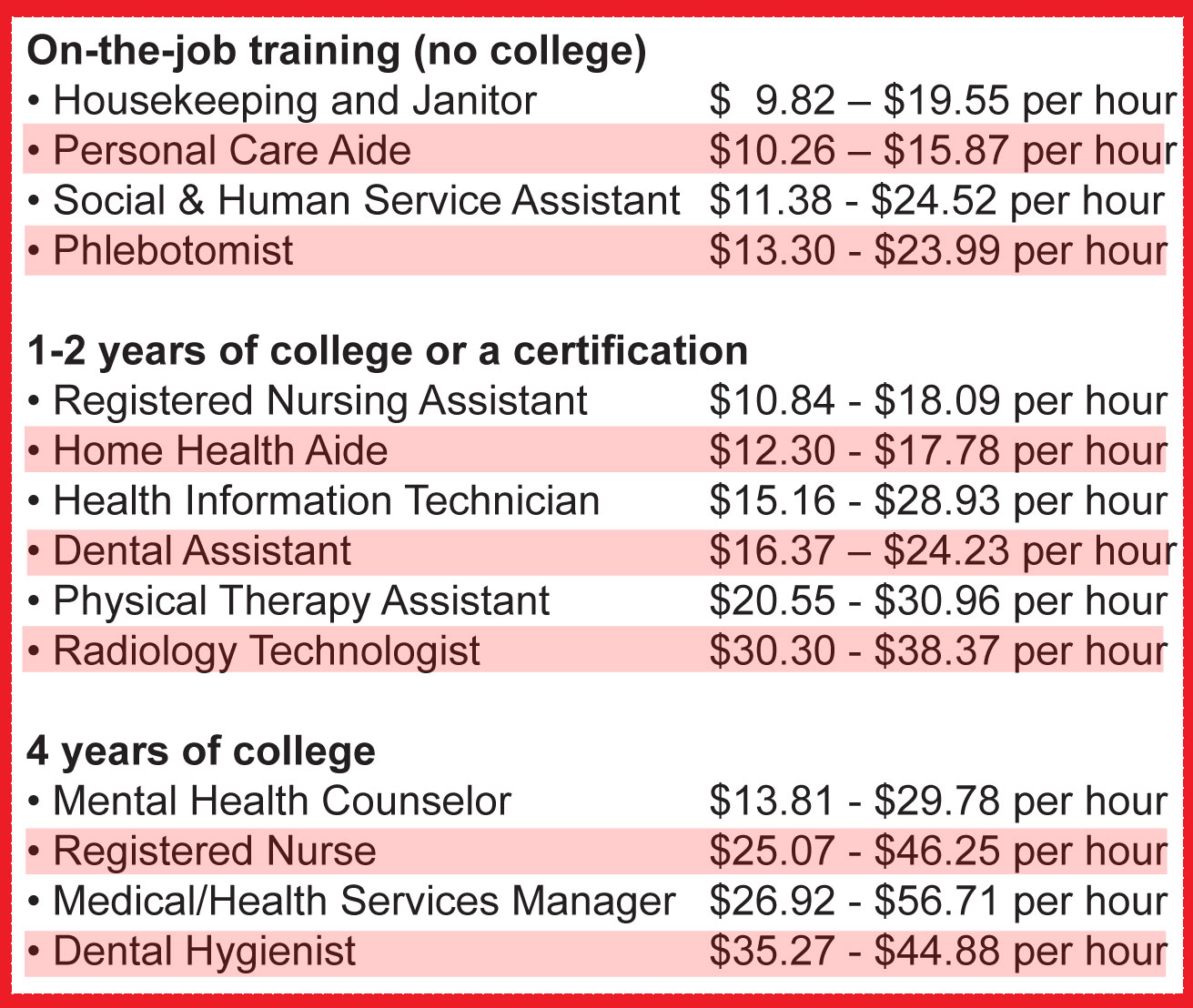Career in Health Science

Introduction to Health Science Careers

A career in health science is a rewarding and challenging path that offers numerous opportunities for individuals passionate about improving human health and wellbeing. Health science encompasses a broad range of fields, including medicine, nursing, public health, healthcare management, and medical research. With the global healthcare industry continuously evolving, the demand for skilled health science professionals is on the rise. In this blog post, we will delve into the various aspects of health science careers, exploring the different fields, job roles, and requirements for pursuing a successful career in this sector.
Fields of Health Science

Health science is a multidisciplinary field that comprises several branches, each focusing on a specific aspect of human health. Some of the key fields of health science include: * Clinical Medicine: Deals with the diagnosis, treatment, and prevention of diseases. * Public Health: Focuses on promoting health and preventing diseases at the population level. * Healthcare Management: Involves the administration and management of healthcare services and systems. * Medical Research: Aims to discover new treatments, medications, and therapies for various diseases. * Nursing: Provides hands-on care to patients, supporting their physical and emotional wellbeing. * Health Informatics: Applies information technology to improve healthcare services and systems.
Job Roles in Health Science

The health science sector offers a wide range of job roles, catering to diverse skills, interests, and qualifications. Some of the key job roles include: * Physicians: Diagnose and treat patients, prescribing medications and therapies. * Nurses: Provide direct patient care, administering medications, and monitoring health conditions. * Public Health Professionals: Develop and implement health promotion programs, conducting research and analyzing data. * Healthcare Managers: Oversee healthcare facilities, managing staff, budgets, and resources. * Medical Researchers: Conduct experiments, collect data, and analyze results to develop new treatments and therapies. * Health Informatics Specialists: Design, implement, and maintain healthcare information systems.
Requirements for a Career in Health Science

Pursuing a career in health science requires a combination of education, training, and skills. Some of the key requirements include: * Education: A bachelor’s degree in a relevant field, such as biology, chemistry, or healthcare management. * Clinical Experience: Many health science careers require practical experience, gained through internships, volunteer work, or clinical rotations. * Licensure and Certification: Certain professions, such as medicine and nursing, require licensure and certification. * Communication Skills: Health science professionals must possess strong communication skills, working effectively with patients, families, and healthcare teams. * Analytical Skills: Many health science careers involve data analysis, research, and problem-solving.
💡 Note: It is essential to research the specific requirements for your desired career in health science, as these may vary depending on the field, location, and employer.
Skills and Qualities for Success in Health Science

To succeed in a health science career, individuals should possess certain skills and qualities, including: * Compassion and Empathy: Health science professionals must be able to understand and respond to the needs of patients and families. * Attention to Detail: Accurate diagnosis, treatment, and care require attention to detail and a commitment to quality. * Critical Thinking: Health science professionals must be able to analyze data, evaluate evidence, and make informed decisions. * Teamwork and Collaboration: Many health science careers involve working as part of a multidisciplinary team, requiring effective communication and collaboration. * Adaptability and Flexibility: The healthcare sector is constantly evolving, requiring professionals to be adaptable and responsive to change.
Future Outlook and Opportunities

The healthcare industry is expected to continue growing, driven by an aging population, advances in technology, and an increased focus on preventive care. This growth will create new opportunities for health science professionals, particularly in fields such as: * Personalized Medicine: Tailoring treatments to individual patients’ needs and characteristics. * Digital Health: Leveraging technology to improve healthcare services, such as telemedicine and mobile health applications. * Global Health: Addressing health disparities and promoting health equity worldwide.
As we reflect on the various aspects of health science careers, it is clear that this field offers a wealth of opportunities for individuals passionate about improving human health and wellbeing. By understanding the different fields, job roles, and requirements, individuals can make informed decisions about their career paths and pursue rewarding and challenging careers in health science.
What are the most in-demand health science careers?

+
The most in-demand health science careers include nursing, healthcare management, medical research, and health informatics.
What skills are required for a career in health science?

+
Key skills for a career in health science include communication, analytical, and critical thinking skills, as well as compassion, empathy, and attention to detail.
How can I get started in a health science career?

+
To get started in a health science career, research the specific requirements for your desired field, gain practical experience, and consider pursuing higher education or certifications.



